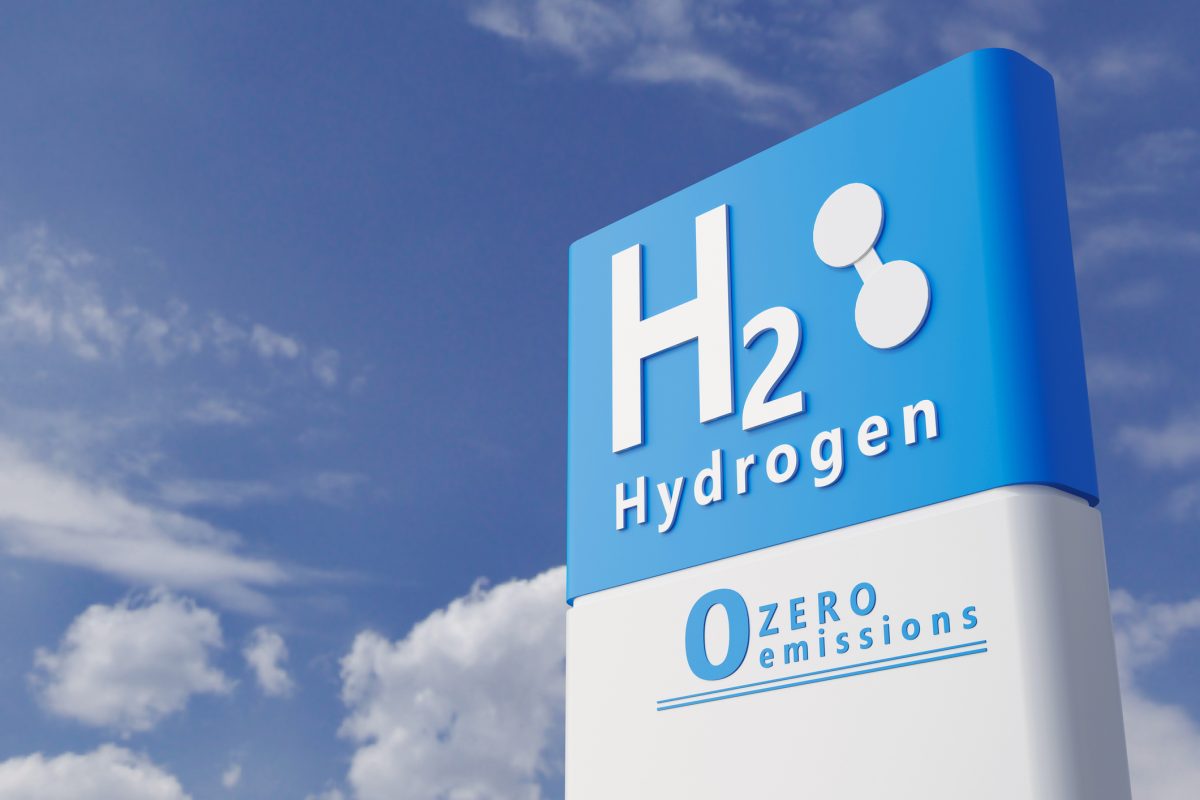Germany is stepping up H2 cooperation with Algeria, while cooperation with Mauritania is progressing at the EU level.
As part of their energy partnership, which has existed since 2015, Germany and Algeria want to work more closely together on green hydrogen, which is seen as a beacon of hope, particularly for the climate-friendly industry conversion. A declaration of intent to this effect was signed by the Federal Minister for Economic Affairs and Climate Protection Robert Habeck and the Algerian Minister of Energy and Mines Mohamed Arkab in Algiers on Thursday.
The occasion was a roundtable, which also discussed the so-called “southern H2 corridor”: existing gas pipelines are to be converted and expanded for hydrogen transportation via Algeria, Tunisia, Italy, and Austria to southern Germany. As a result, representatives of the participating countries and the EU Commission were present. Algeria wants to develop into an important hydrogen producer and export ten percent of the EU’s demand by 2040.
Global Gateway: EU Supports the Development of an H2 Ecosystem in Mauritania
Further steps were taken at the European level this week to pave the way for the future supply of H2: With the help of the EU infrastructure program Global Gateway, investments are to be made in developing an ecosystem for green hydrogen in Mauritania. This was announced at a meeting between EU Commission President Ursula von der Leyen, Spanish Prime Minister Pedro Sánchez, and Mauritania’s President Mohamed Ould Cheikh El Ghazouani. According to von der Leyen, the EU wants to produce ten million tons of green hydrogen by 2030 but also depends on partners, as a further ten million tons would have to be imported. Similar projects have already been initiated with other African countries, such as Namibia and Angola.
Challenges for the future of hydrogen: One risk in establishing a hydrogen economy is the supply situation for the precious metals required for production. Given the growing demand for iridium, for example, which can only be produced in small quantities, the National Hydrogen Council recently warned of dramatic shortages.
Photo: iStock/JONGHO SHIN


